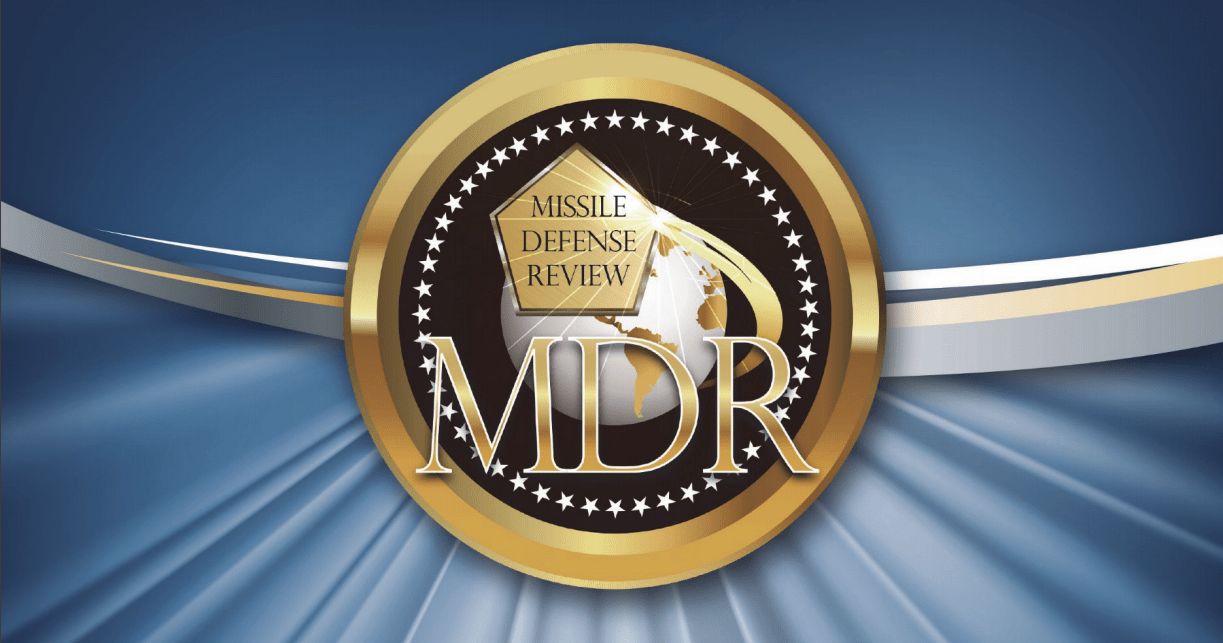
By Ling Shengli
The 2019 Missile Defense Review (MDR) newly released by the US claims to not only protect the US homeland, US allies and partners, but also forge a global missile defense system and strengthen overall missile defense capacities. This once again testifies to America’s obsession with the so-called “absolute security”.
The latest MDR is imbued with unique characteristics of the Trump administration. Guided by the “America First” doctrine, the US government becomes more obsessed with the practice of maintaining America’s dominance by enhancing its strength and attaching greater importance to “major country competition”.
The US has long been obsessed with “absolute security”. This is closely related to its geographical conditions, historical experience, ideology and other factors. In terms of geographical location, the US is flanked and protected by the Pacific and Atlantic oceans and its neighbors in the north and south are comparatively weak, so its homeland is basically stable and secured.
In terms of historical experience, the US has always paid high attention to resisting its enemy outside its homeland. This was a significant reason why the US joined the two world wars and has constantly carried out international interventions after the Cold War. In terms of ideology, Americans consider themselves “God’s chosen people” and are disseminating its so-called “free, democratic” system worldwide in an attempt to build an international order featuring “freedom and democracy”.
To achieve “absolute security”, the US is working hard to create an environment of "no enemy". That is, no other countries are capable to pose a threat to its national security, and all others keep in line with its ideology in two main aspects: convergence of values and similarity of political systems.
It is the pursuit for “absolute security” that makes the US attaches great importance to missile defense. Missile threat is a major challenge for its most critical homeland security and the US has always spared no effort to build a missile defense system to enhance its and allies’ missile defense capacities.
In the latest MDR, the US government clearly sets the goal to protect the security of the US homeland, US forces abroad, and its allies and partners. Considering America’s abundant military bases, allies and partners scattered around the world, the US needs to protect a multitude of diverse targets worldwide, which is a tough task. It had to spend lots of resources building more powerful missile defense capacities.
Besides the security goal, its definition of security threat also testifies to America’s strong obsession with “absolute security”. The latest MDR shows that the US seems to be too nervous for threats: It needs not only to counter missile threats from the so-called “rogue states”, but also to worry that terrorists would use weapons of mass destruction.
What is more noteworthy, the newly released MDR places greater emphasis on security threats from great powers. The document considers countries like Russia as “potential rivals” of the US, and notes that their increased missile and anti-satellite capacities pose threat to the security of the US and its allies and partners. Unlike the Obama administration, the Trump administration tends to take concrete action to counter such threats. This indicates that the Trump administration pays particular attention to great power competition. The latest MDR lists a variety of complicated security threats, implying that the US apprehends danger in every sound. In fact, this will create more enemies for America.
To achieve “absolute security”, the US is also seeking to resort to an “absolute” mean to counter missile threats, which is to forge comprehensive missile defense capacities.
The document clarifies that the US needs to develop multilevel, comprehensive missile defense capacities. To this end, the US, on one hand, continues to enhance its missile defense capacities through measures such as strengthening all sorts of anti-missile technology development capacities and establishing a “Space Force” as the sixth branch of the US armed forces by 2020, and on the other hand, deepens cooperation with its allies and partners to cut its ballistic missile defense costs in an attempt to build a more effective global missile defense system.
The pursuit of “absolute security” makes the US worry about its security at all times, which is significantly demonstrated in the latest MDR.
For the US, its enemies are, to a certain extent, conceived and erected by itself. As the US spares no efforts in strengthening the security of its homeland as well as allies and partners, it will weaken the security of other countries to some extent, thus triggering arms races that consequently increase the security threats to the US.
Unfortunately, the US doesn’t realize that achieving “absolute security” requires not only cooperation with its allies and partners but also strategic balance. From the philosophic perspective, the so-called “absolute security” doesn’t exist.
(The article was published on the PLA Daily on Feb. 14, 2019.)













